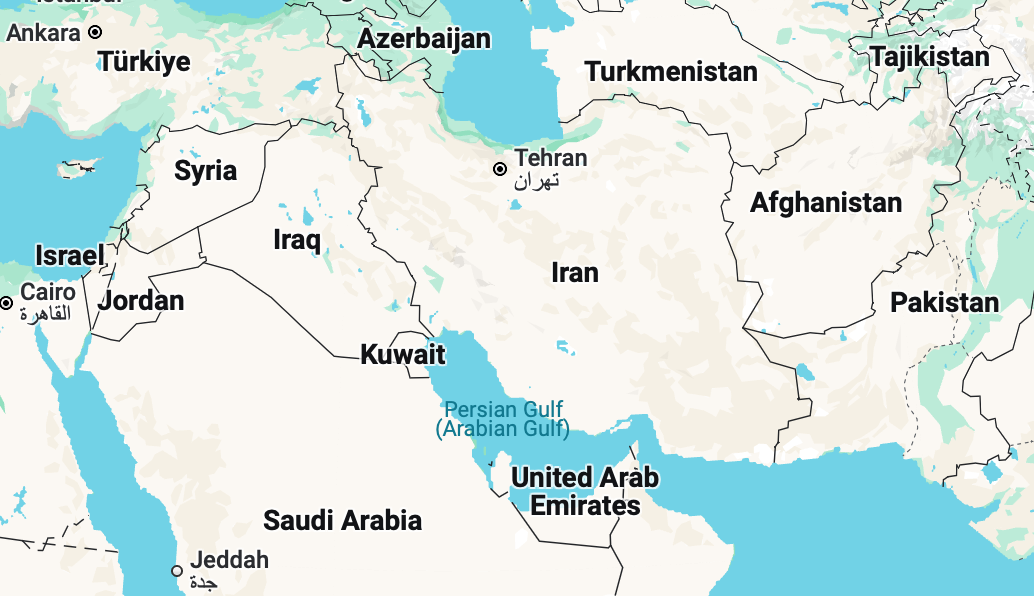By Umar Osabo PhD
Introduction: A Ceasefire on Shaky Grounds
When Iran and Israel agreed to an abrupt ceasefire last week, global media rushed to frame it as a diplomatic victory for Washington and European allies. But deeper investigation reveals a far more complex and troubling reality — one that not only redefines the security landscape of the Middle East but also signals the unraveling of the world order as we’ve known it since World War II.
Beneath the headlines, this ceasefire is less a testament to successful diplomacy and more a symptom of military vulnerability, shifting global alliances, and the accelerating decline of Western hegemony, US, Europe in particular.
Who Really Blinked First?
Public narratives suggest that both Iran and Israel chose diplomacy over further escalation. Yet, leaked diplomatic cables obtained by Der Spiegel and corroborated by Stratfor and the International Crisis Group paint a different picture: it was Israel that first signaled the need for de-escalation after suffering significant military setbacks.
A NATO intelligence assessment, leaked to The Guardian, revealed that Iran’s coordinated missile and drone assault overwhelmed key Israeli air defenses, rendering major airbases temporarily inoperable. For the first time in decades, Israel faced a direct military vulnerability it could neither deny nor swiftly remedy.
The Myth of Israel’s Impenetrable Air Defense
For years, Israel’s defense triad — Iron Dome, David’s Sling, and Arrow-3 — was celebrated as the world’s most sophisticated shield against aerial threats. But the June 2025 conflict revealed a shocking truth!
According to Jane’s Defence Weekly and SIPRI, Iran’s use of drone swarms, radar-blinding loitering munitions, and precision-guided ballistic missiles exposed critical flaws. A confidential IDF report, leaked to Haaretz, admitted that interception rates dropped to 62%, far below the publicly claimed 90%.
Iran’s engineers, likely aided by Russian and Chinese cyber-warfare expertise, jammed Israeli radar and overwhelmed its tracking systems. This unprecedented breach debunked decades of faith in Israel’s air defense superiority.
America’s Dilemma, Europe’s Irrelevance
Caught between its commitment to Israel and the global economic risks of further escalation, the U.S. found itself cornered. A classified CENTCOM advisory, published in Foreign Policy, recommended urgent de-escalation to prevent a broader conflict that could destabilize global energy markets and accelerate BRICS-led efforts to bypass the dollar.
Meanwhile, Europe, fractured and increasingly powerless, struggled to assert relevance. Germany balked at military involvement, while France initiated backchannel diplomacy with Iran via Oman — a telling sign of Europe’s diminishing alignment with U.S. policy in the region.
BRICS: The Real Winner Behind the Ceasefire
Far from the negotiating table, BRICS nations watched — and benefited. A white paper leaked from the BRICS Security Council reveals a coordinated strategy to capitalize on U.S. overextension.
Economically, the BRICS Pay system experienced a surge, bypassing SWIFT and reducing dependence on the dollar.
Militarily, Iran’s success validated asymmetric warfare models now being adopted in BRICS defense cooperation talks.
Geopolitically, energy diplomacy shifted. Saudi Arabia and Iran, now BRICS members, rerouted energy flows eastward, undermining U.S. and EU leverage.
Will the Ceasefire Hold?
Inside Israel, hardliners are furious. Leaked Mossad briefings warn that Netanyahu’s fragile coalition could collapse if perceived as weak. The political calculus leans toward breaking the ceasefire should Iran appear to rearm or escalate.
For Iran, the ceasefire serves tactical purposes, not strategic concession. Bolstered by military success and growing BRICS support, Tehran is unlikely to capitulate on key issues like its nuclear program or regional influence.
A CIA risk assessment, leaked to The Washington Post, bluntly states: “U.S. influence over both parties is rapidly eroding due to expanding Russian and Chinese leverage.”
A Crumbling Western Hegemony
This conflict exposed an uncomfortable truth: the post-WWII order, underpinned by U.S. military supremacy and economic dominance, is faltering.
Sanctions fatigue is real. Over 60% of global energy transactions are now conducted outside the dollar system, as confirmed by a joint Chatham House–PetroChina report.
Energy politics have shifted, with BRICS nations tightening intra-bloc energy security at the expense of Western importers.
Deterrence models, once based on superior air power and technological advantage, are now outdated in an era where drone swarms and cyber warfare democratize conflict.
A World at a Crossroads
The Iran-Israel ceasefire is not a peace treaty; it’s a pause dictated by mutual exhaustion and shifting power dynamics. The deeper reality is the collapse of old assumptions: that Western-led security, sanctions, and military technology can unilaterally dictate global outcomes.
BRICS is poised to formalize an alternative security framework, potentially challenging NATO’s monopoly on international security guarantees. Meanwhile, U.S. influence is weakening, constrained by internal divisions, military overstretch, and the crumbling power of the dollar.
Unless the West fundamentally recalibrates its global approach — embracing true multipolar cooperation rather than resisting it — the decline of Pax Americana is not just likely; it is inevitable.
Conclusion: Beyond Missiles — The End of an Era
This is not merely a Middle East story. It is the unraveling of an entire world order. The ordinary reader must understand: the myths of military invincibility, the power of sanctions, and the dominance of Western diplomacy are rapidly fading.
What comes next is a world increasingly shaped not by who controls the skies, but by who adapts fastest sweet to a reality where power is diffuse, alliances are shifting, and no empire — however mighty — remains unchallenged forever.
Umar Osabo PhD is a political, economy and security analyst with bias in Middle East Politics and Sahel. He can be reached on: umarmosabo@gmail.com



